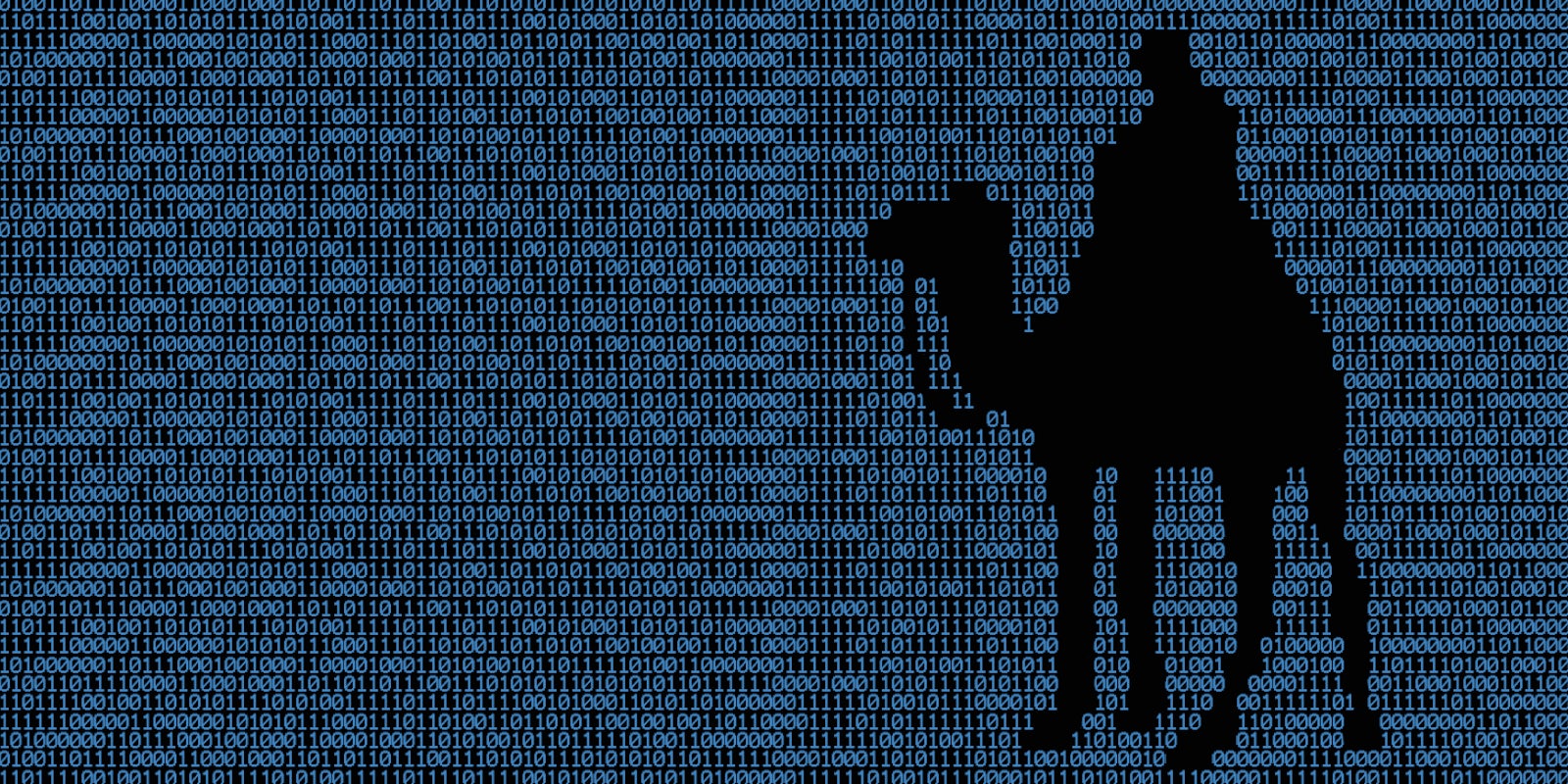One year after the fall of Silk Road, an international law enforcement coalition has delivered another crippling blow to the Deep Web, busting a ring of online black markets and arresting the alleged leader of the movement.
In a press release Thursday, the Federal Bureau of Investigation (FBI) announced it had arrested the online persona “Defcon,” identified as Blake Benthall, a 26-year-old in San Francisco, who the agency claims ran Silk Road 2.0, the successor to original online black market. The site’s alleged former proprietor, Ross Ulbricht, also from San Francisco, is still awaiting trial.
READ MORE:
Everything we know about the alleged Silk Road 2.0 kingpin
The largest of those reported down is Silk Road 2.0. But a host of smaller markets also seized by law enforcement include Appaca, BlueSky, Cloud9, Hydra, Onionshop, Pandora, and TheHub. According to September estimates, those sites held a combined 37 percent market share of the Deep Web.
According to the splash page visible to anyone who visits the Silk Road 2.0, the work was the combined effort of a number of agencies, including the U.S.’s FBI and Immigrations and Customs Enforcement (ICE), Europol, and Eurojust. The FBI’s release made no mention of other law enforcement’s involvement, or of other sites reportedly seized.
It happened! #silkroad is seized! @JakobDemant @EileenOrmsby @cmrhub @BinghamInfo @alexiamadd pic.twitter.com/ApPDAxd6jU
— Rasmus Munksgaard (@RasmusMunks) November 6, 2014
Silk Road staff were reportedly unable to access their own site Wednesday evening.
The FBI claims that under Benthall’s leadership, Silk Road 2.0, as of September 2014, allowed more than 100,000 people to buy illegal drugs, generating roughly $8 million per month in sales. He faces one count of conspiring to commit narcotics trafficking, one count of conspiring to commit computer hacking, one count of conspiring to traffic in fraudulent identification documents, and one count of money laundering conspiracy.
The charges carry minimum sentences of 10 to 20 years.
Illustration by Jason Reed | Remix by Fernando Alfonso III



